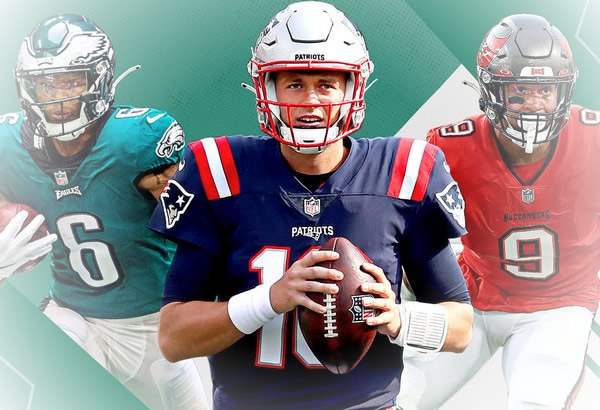The Impact of Nutrition on a Football Player's Performance

Nutrition plays an essential role in the performance of athletes, including American football players. Nutrition is defined as the process of taking in and utilizing food and other substances for growth, metabolism, and other physiological activities. Football is a high-intensity contact sport that requires great physical strength and endurance. To perform at their best, athletes must have a proper nutrition plan in place.
The Role of Nutrition in Athletic Performance
It’s no surprise that nutrition plays an important role in the performance of athletes. With the right nutrition, athletes can increase their energy levels, endurance, and overall performance. After all, they’re the fuel that powers an athlete’s performance!
Let’s start by taking a look at macronutrients. Carbohydrates, proteins, and fats all provide energy for physical activity. Carbohydrates are the main source of energy for athletes and should make up the majority of an athlete’s diet. They provide energy for the body to use during exercise, as well as energy that can be stored for later use. Proteins are important for building and maintaining muscle, as well as providing energy during exercise. Fats are also important for providing energy, but they should be consumed in moderation.
Nutrition for Football Players
Let’s face it, American football players are beasts! They’re spending countless hours training and pushing their bodies to the limit on the field. With all that hard work, they require a diet that can support them through their grueling workouts and intense games.
One of the most important aspects of a football player’s diet is macronutrient timing. For optimal performance, athletes should consume most of their carbohydrates around their workouts. This means eating a carb-heavy meal about two hours before a game or practice, and then having a carb-rich snack an hour before. This will provide the energy needed to perform at their peak.
In addition to carbohydrates, proteins are also important for football players. Proteins are essential for building and maintaining muscle, and they should be consumed throughout the day. Aim for small, protein-rich snacks, such as nuts and seeds, cottage cheese, and yogurt, to keep your energy levels up and your muscles strong.
Finally, hydration is key! Football players need to drink plenty of water throughout the day to replenish lost fluids. Dehydration can lead to fatigue, cramps, and dizziness, all of which can interfere with performance on the field. Aim for at least eight glasses of water a day, and keep a water bottle nearby during practice or games
Sources of Nutrition
As an athlete, you know that what you eat affects your performance. Eating a balanced and nutritious diet is essential for athletes to hit their peak performance, and for that, you need to be aware of the different sources of nutrition.
Fruits and vegetables are a great source of vitamins and minerals, and can provide a great energy boost to help you power through your workouts. Whole grains like oats, quinoa, and barley are an excellent source of complex carbohydrates, helping to replenish energy stores after physical activity. Lean proteins such as fish, poultry, and legumes are essential for muscle growth and repair, and provide a steady source of energy. Healthy fats such as olive oil, nuts, and avocados are also important, as they are a good source of energy and can help with hormone production.
Supplements can be used to help athletes meet their nutritional needs, such as protein powders and creatine. But it's important to remember that supplements are not a replacement for good nutrition, and should always be taken in moderation and in consultation with a healthcare professional.
Conclusion
Nutrition is an essential component of American Football player performance. Proper nutrition includes adequate amounts of macronutrients and micronutrients, as well as proper timing and hydration. Healthy sources of nutrition should be the focus, with supplements used judiciously and in consultation with a healthcare professional. As the science of sports nutrition evolves, athletes should continue to monitor the latest research and adjust their nutrition plans accordingly.

















































































































.svg-50x50h.jpg)
















Leave a Comment